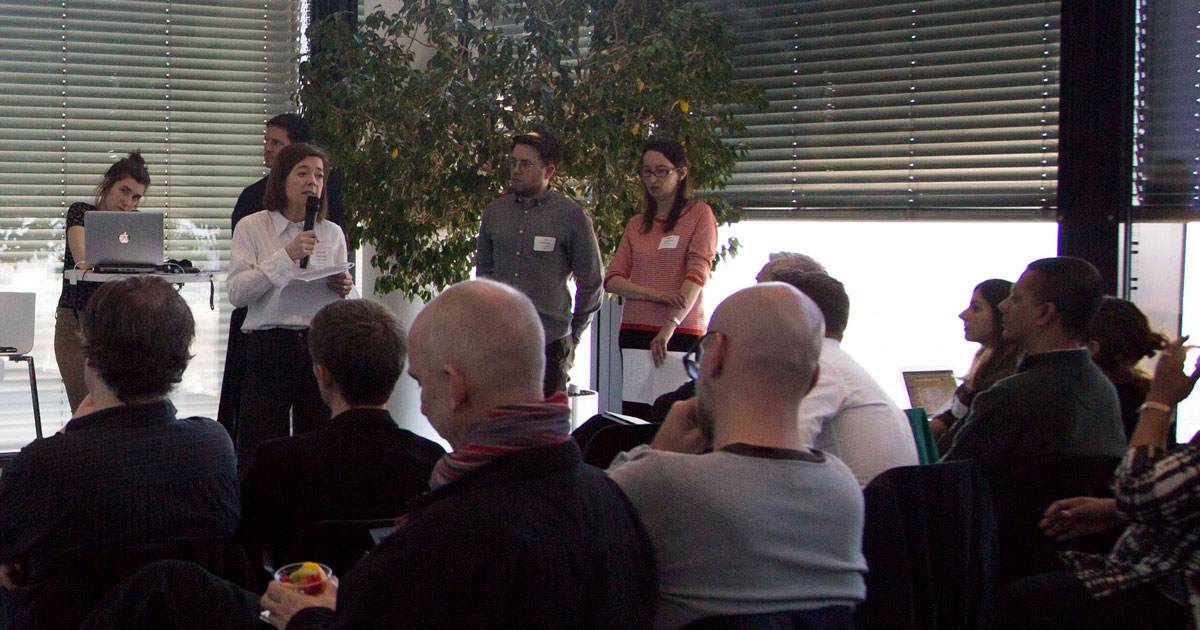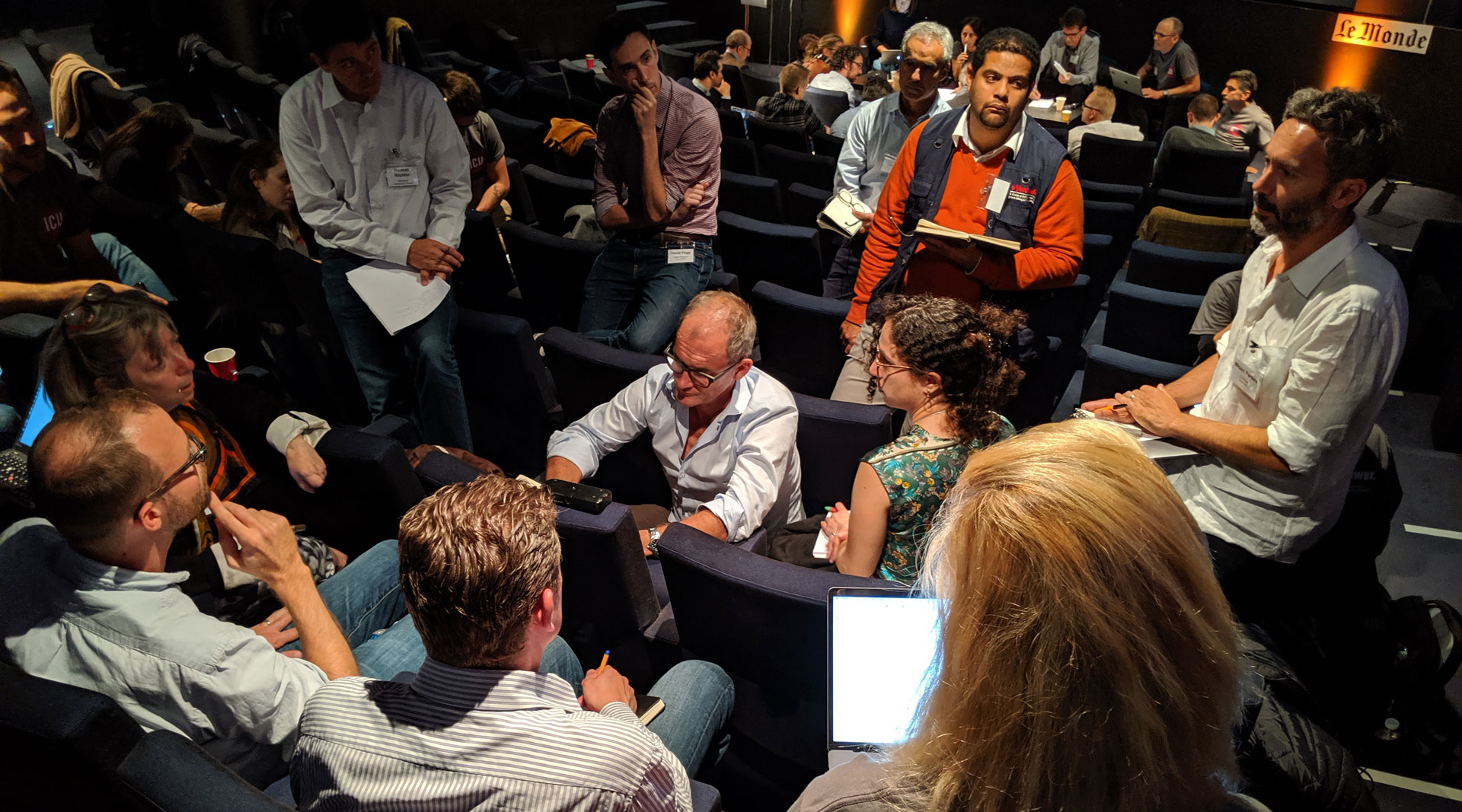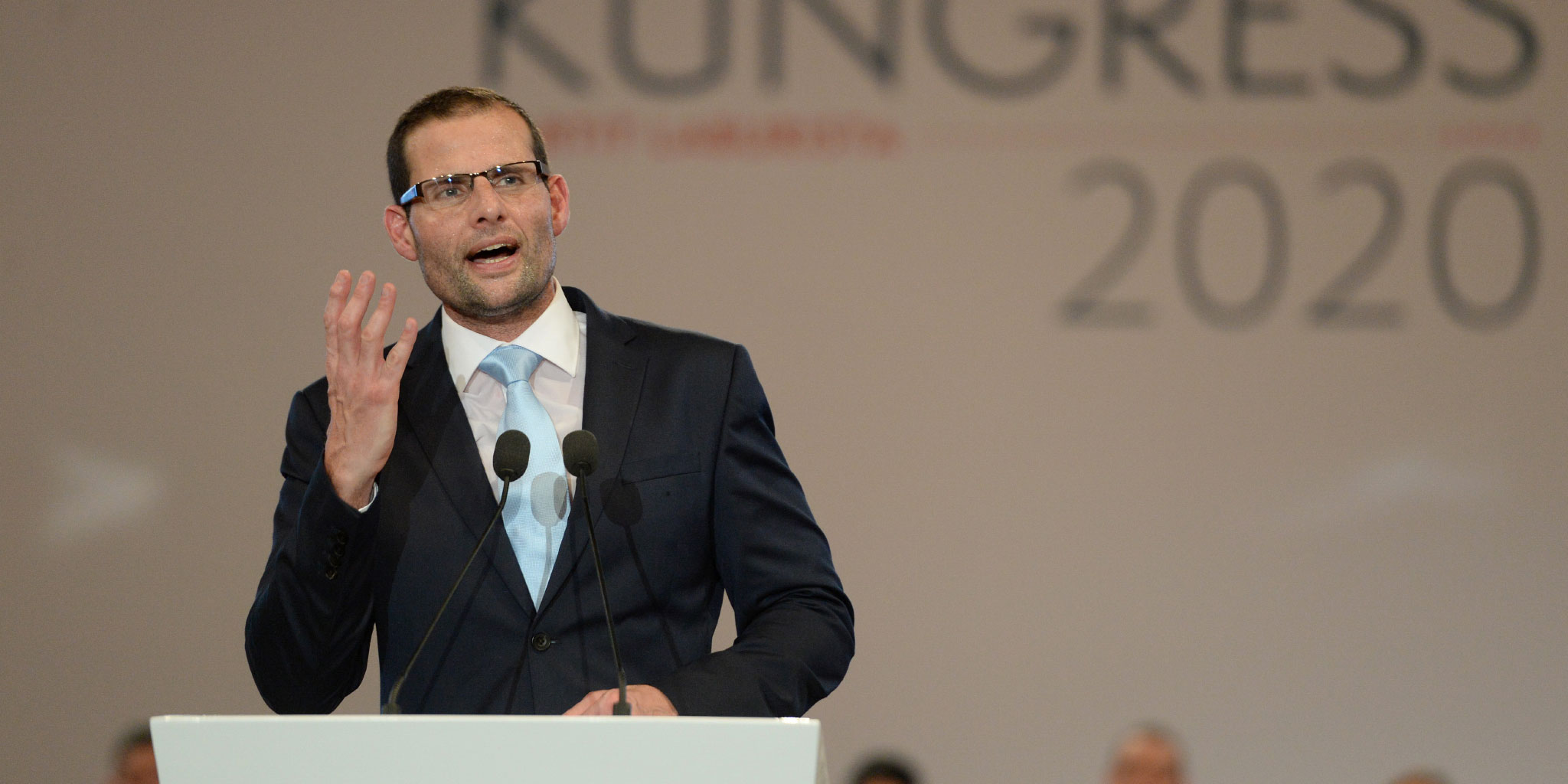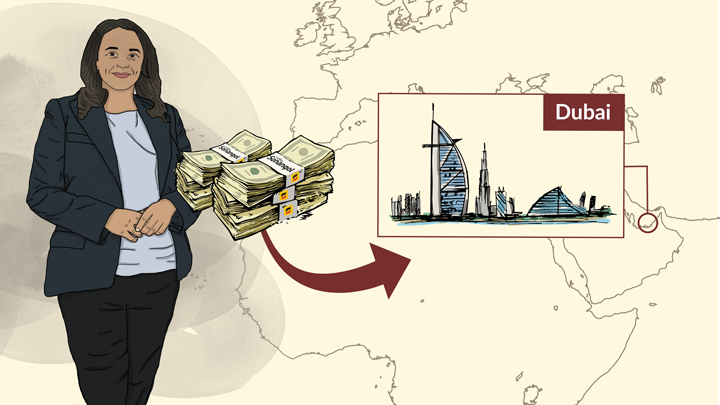The International Consortium of Investigative Journalists collaborates with hundreds of members across the world. Each journalist is among the best in their country and have won national and global awards. Our monthly series, Meet the Investigators, highlights the work of these tireless journalists.
This month, we speak with Juliette Garside, Investigations Correspondent for The Guardian, where she has worked since 2011. Garside has joined multiple ICIJ collaborations including our last two investigations Luanda Leaks and China Cables. She also worked on Swiss Leaks, Panama Papers, and Paradise Papers.
Most recently, Garside has worked on the Daphne Project, uncovering the story behind the murder of Malta’s leading anti-corruption journalist Daphne Caruana Galizia, who had been at the forefront of investigations into Malta’s powerful elites, including reporting based on the Panama Papers. Follow Juliette on Twitter here.
You’re an investigative reporter who works on in-depth, long-term projects and also manages to publish news and various scoops regularly. Do you have any investigative reporting tips you like to give, any practices or habits that help you accomplish so much?
I do a lot of financial investigations so quite a lot of the time I’m trying to piece together a puzzle using documents, emails, contracts — things like that. I’m trying to figure out what someone did, what they intended to do and why they did it. Things like: why did someone route money through a series of shell companies for transactions involving washing machines? Was that just an excuse to move money?
It’s easy to end up getting bogged down in very technical detail when you do this sort of thing. You have to go completely across that detail — get into the weeds and then zoom right back out again and ask: why does what they’re doing matter to us in a bigger way? Why does it matter to the world? How does it matter to rule of law in the U.K. or in Europe and in the U.S.? How does it matter to people who might be losing out on state funds in Africa? How do you make that feel relevant? It’s about digging into incredible amounts of detail then learning how to step back from it.
Do you have any reporters that you look to for inspiration?
To start, there are people I work with. These are people who, when I work on a project with them, I know something is going to happen – James Oliver at BBC and my colleague at the Guardian Hilary Osborne. She can look at the same set of facts as me and see something much more interesting than I can. I’ve been working with a Portuguese reporter Micael Pereira. These are people who are, when they’re on a story, they transform it.
Many ICIJ projects that you’ve worked on involve thousands, sometimes millions, of leaked documents. You recently published a project, the China Cables, that focused on just a handful of files. Yet the project still appeared highly complex. Can you tell me about that reporting process? What were some of the challenges?
Well, we had to be sure the documents we had were authentic. We couldn’t just go to the Chinese government and say “hey, are these yours?” It’s very difficult to get corroboration inside China. We had to end up finding the right experts to assess them. There was rigorous authentication.
Then the particular challenge for me with that project was to not make it faceless — to assign responsibility to certain officials for what was being described.
We had a high-up Chinese official, Zhu Hailun — he had signed at least one of the documents and he was very much the author of China’s internment policy in Xinjiang. And I was really keen that we publish his name and signature. And the other great piece of accountability reporting was an on-camera challenge to the Chinese ambassador to London by the BBC’s Richard Bilton. This official was put on the spot. This wasn’t a faceless bureaucrat, this was someone with a senior position in the Chinese foreign office — he was being held accountable for the country’s decisions and actions.
Your team has been breaking crucial stories in the Guardian’s ongoing reporting into the murder of Malta’s leading anti-corruption journalist Daphne Caruana Galizia, who had been working on corruption investigations like the Panama Papers. What is it like to report on something that I imagine must hit close to home?
It was personal for me. It was personal for me from the beginning. I had been watching what she was doing during the Panama Papers when she was really coming under pressure for her reporting, her son Matthew [Caruana Galizia, who worked for ICIJ at the time] – he asked [me] to come in to help report the story, to help give it a wide impact. I was one of the journalists to come in and help her report the story. There was a snap general election, she was getting these extraordinary leaks that were showing strong indications of corruption by the ruling administration, by Joseph Muscat’s administration. And yet no resignations, no arrests, no real police investigations.
Then in October of 2017 — we had gotten on with the work we were doing preparing for Paradise Papers — I got a text message. It was a link to a news article about Daphne, saying she had been killed by a car bomb. There was this feeling that, if her stories had been more widely reported she would have been safer, that her assassins perhaps wouldn’t have felt so confident. And if they took her out, perhaps they’d take out the story. I did not want that to happen.

There were a lot of people who had a lot of interest in killing her and it was quite extraordinary: the people we focused a lot of our reporting on turned out to be the ones behind the killing.
One of the stories that I spent a lot of time on was a leak of data out of a gas company run by a guy who’s now been charged with conspiracy for her murder. This was the last thing that she worked on. She was murdered as this data arrived at her home office on her laptop. And that was the data that we handled here in London to do our investigation. So we suddenly felt very close to what was happening in this very small part of Europe. [Editor’s note: Malta’s former prime minister Joseph Muscat resigned in January after it was revealed his top adviser was linked to the murder of Caruana Galizia.]
Have you recently started using any tools, databases, or other methods you’re looking forward to applying to your work this year?
One of the things I’m most excited about are our own investigation tools that we’re creating. We have a team of engineers working on tools for investigations in-house. They’ve created a searchable database where we can upload large amounts of information, like a big leak or data dump. It allows us to do easy optical character recognition on PDFs and make a PDF machine readable. We’ve also scraped a load of public databases that we’ve made much more searchable. For instance, we’ve made U.K. companies searchable by their ultimate beneficial owner, which you can’t do on the government website.
Do you have any predictions on what sort of subject areas will be most pressing for investigative journalists to tackle in 2020?
In the U.K., I think it’s going to be really important to look at who’s buying Brexit: the money going into the new laws, the lobbying going on around the legislation. We’re going to have to rewrite a huge amount of legislation. I doubt any major economy has ever had to rewrite so much legislation in such a short amount of time. Stuff is going to be rushed through parliament. It’s going to benefit certain donors, certain lobbies. We need to be right across it. We need to be investigating it. Because I think Brexit will be bought, and could be bought for the benefit of the few not the many.
And as we’ve seen with Malta, Europe — with various banking scandals in places like Latvia and Lithuania — the rule of law within Europe is threatened like never before, and with a kind of tax haven-y U.K. on the outskirts, it will only get worse. We worry about Hungary, we worry about Poland and threats to democracy and freedom of the press. These things matter to those countries but they also matter much more broadly in Europe and the world.



